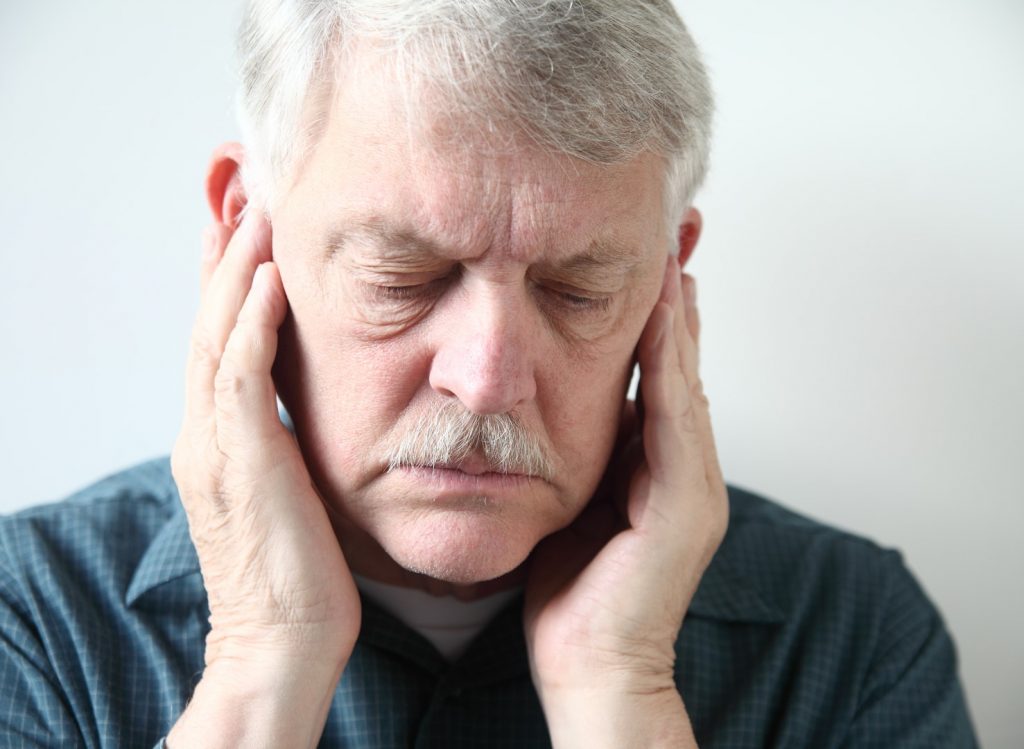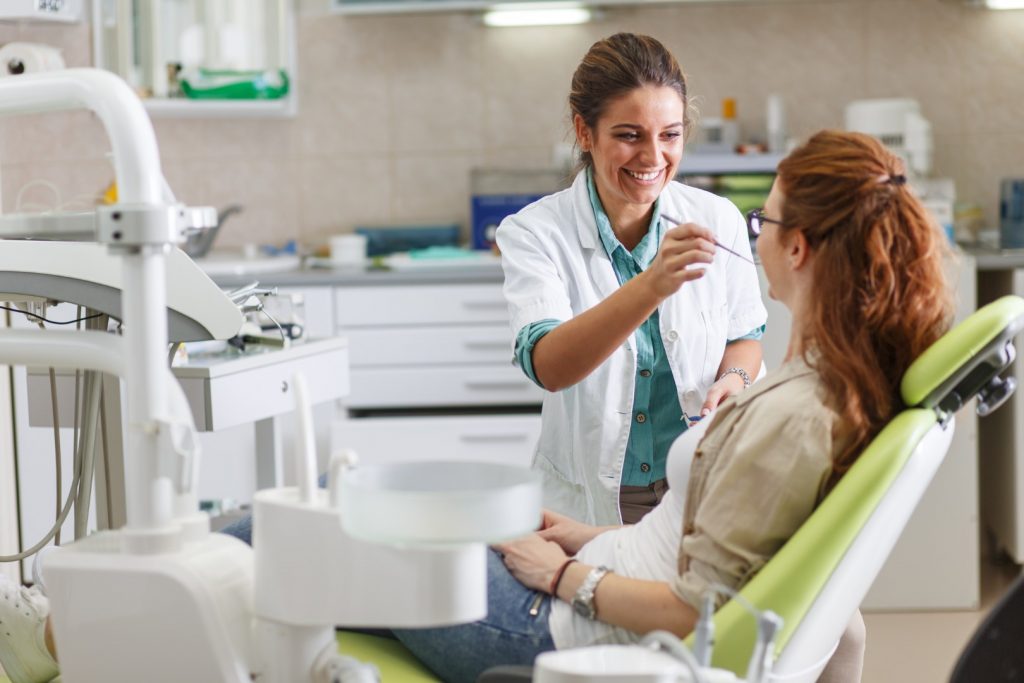Discomfort and pain in the mouth, face, jaw, or related structures affect millions of people around the world. For some, such orofacial pain is only a minor inconvenience. For others, it can have a significant, negative impact on health and quality of life.
Whether you’re experiencing a constant dull ache in your jaw, a sharp and shooting pain in your mouth, or any other orofacial pain, consulting with an oral healthcare professional can bring you much-needed relief and improve your overall well-being.
Common Causes of Orofacial Pain
 What causes orofacial pain?
What causes orofacial pain?
- Dental problems (tooth decay, gum disease, or dental trauma).
- Temporomandibular joint (TMJ) disorders.
- Muscle tension.
- Nerve damage.
- Sinus infections.
- Systemic conditions such as arthritis.
The pain can be localized in a specific area, such as the jaw. It may also radiate to surrounding regions, including the temples, ears, or neck. Some patients may also have difficulty moving their jaw or experience headaches in association with the pain.
The Connection Between TMJ and Orofacial Pain
The temporomandibular joint (TMJ) connects the mandible (lower jaw) to the skull’s temporal bone. This small but complex joint plays a crucial role in essential functions such as biting, chewing, speaking, and even yawning.
 Because the TMJ plays such an essential role in everyday activities, the various disorders to which it’s susceptible can cause pain and dysfunction. Temporomandibular disorder (TMD) can occur for various reasons, including:
Because the TMJ plays such an essential role in everyday activities, the various disorders to which it’s susceptible can cause pain and dysfunction. Temporomandibular disorder (TMD) can occur for various reasons, including:
- Trauma.
- Excessive teeth grinding (bruxism).
- Malocclusion (“bad bites”).
- Stress.
- Arthritis.
Symptoms of temporomandibular disorders may include jaw pain, clicking or popping sounds, difficulty opening or closing the mouth, headaches, and earaches. Treatment options range from self-care measures such as applying heat or ice packs, avoiding hard or chewy foods, and practicing relaxation techniques, to more advanced therapies like oral appliances or physical therapy.
Other Common Orofacial Pain Conditions
Although temporomandibular joint disorders are among the most common varieties of orofacial pain, the pain can also manifest in other ways.
Trigeminal neuralgia (TN)
Trigeminal neuralgia (TN), also known as tic douloureux, is a prevalent orofacial pain condition. It is a chronic pain disorder affecting the trigeminal nerve, which carries sensation from the face to the brain. TN is characterized by brief, intense episodes of excruciating facial pain, often triggered by such simple actions as talking, eating, or even touching the face.
Although TN’s exact cause remains unknown, orofacial pain specialists believe it to be related to blood vessels compressing the nerve. Treatment options include medications, nerve blocks, or surgical interventions, depending on the pain’s severity and frequency.
Burning Mouth Syndrome
Burning Mouth Syndrome (BMS) is another common orofacial pain condition. It primarily affects middle-aged and elderly individuals, particularly women. BMS is characterized by a persistent burning or scalding sensation in the mouth, usually involving the tongue, lips, and cheeks.
The exact cause of BMS is also unclear, but it’s often associated with such underlying conditions as hormonal changes, vitamin deficiencies, oral thrush, or psychological factors such as stress or anxiety. Treatment for BMS may include medications to relieve pain, saliva substitutes, or prescription mouth rinses.
Why Addressing Orofacial Pain Is So Important
 Naturally, people feeling orofacial pain want relief so they can experience a higher quality of life. Orofacial pain makes such simple tasks as eating, speaking, and even smiling a challenge. The discomfort can lead to reduced appetite, poor nutrition, and weight loss. Individuals may also experience difficulty sleeping, making them irritable and fatigued.
Naturally, people feeling orofacial pain want relief so they can experience a higher quality of life. Orofacial pain makes such simple tasks as eating, speaking, and even smiling a challenge. The discomfort can lead to reduced appetite, poor nutrition, and weight loss. Individuals may also experience difficulty sleeping, making them irritable and fatigued.
Further, orofacial pain can have adverse effects on a person’s psychological well-being. Chronic facial pain can cause distress, anxiety, and depression, as individuals may find it difficult to cope with the constant discomfort. Their self-esteem, social interactions, and overall mental health may suffer.
Orofacial pain may also indicate an underlying health issue. In many cases, the pain can be a symptom of serious underlying dental problems. Ignoring or neglecting it can lead to worsening conditions—dental infections, for example, or jaw joint dysfunction.
Such conditions can cause long-term damage to the teeth, gums, and surrounding tissues. Consequently, patients will need more extensive and expensive treatments in the future. However, by treating the pain early on, orofacial pain specialists can prevent the progression of these oral health issues.
Penn Dental Family Practice Can Ease Your Orofacial Pain
The orofacial pain specialists at Penn Dental Family Practice (PDFP) can diagnose your condition with a thorough examination. We’ll take your comprehensive medical history, examine your mouth, and conduct imaging as needed. As necessary, we’ll consult with other healthcare specialists, like neurologists or ear, nose, and throat (ENT) doctors, to rule out other conditions.
Treatment for orofacial pain aims to alleviate pain symptoms, improve function, and address the underlying cause whenever possible. Treatment options vary depending on the specific diagnosis. They can range from lifestyle changes like stress-management techniques and jaw exercises to medications like analgesics, muscle relaxants, or anti-inflammatory drugs. In complex cases, oral appliances, physical therapy, or even surgical interventions may be necessary to manage the pain effectively.
The first step toward finding relief from your orofacial pain is making your appointment with the experts at PDFP. Schedule your visit online now or call us at 215-898-PDFP (7337).


